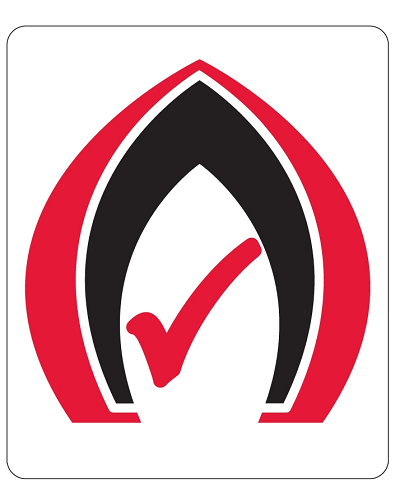The WorkSafe website will be unavailable on Tuesday 16 September from 12pm–5pm due to planned maintenance.
Our other online services, including the online services portal(external link) and Energy Safety portal(external link), will remain available.
To notify us of an injury, illness or incident at work, visit our online services portal(external link). For urgent notifications, please call us on 0800 030 040. For general or non-urgent enquiries, email us at info@worksafe.govt.nz.
The Gas (Safety & Measurement) Regulations 2010 (GSMR) require that gas appliances sold by a NZ supplier must be certified to one of the certification regimes and standards specified in Schedule 2A of the GSMR(external link), and must carry a compliance label.

It must also have a supplier declaration of compliance (SDoC) lodged on the database hosted on the Energy Safety website.
The GSMR requires that a gasfitter must ensure that that an appliance carries a compliance label before installing an appliance, or if it does not, that it has an SDoC on the database of gas supplier declarations.
All new gas appliances must have the compliance label (unless they are old stock). Consequently, as old stock diminishes gasfitters will need to check the database only occasionally.
An alternative to the certification regime is the endorsement regime where an approved practitioner will provide a paper based endorsement that the appliance is compliant. This applies when a supplier is importing or manufacturing less than 21 appliances per year (or they are appliances in an imported installation).
When does an appliance not require a declaration?
An appliance does not have to have a declaration if it was:
- Supplied prior to November 2002,
- Imported for the client’s own use (it has not been supplied),
- Endorsed by an Approved Practitioner.
However, in all cases, it must be safe.
A gasfitter’s other obligations
Regardless of whether an appliance requires an SDoC, Regulation 53 requires, "Every person who ... installs [the gasfitter]… a gas appliance or fittings must ensure, so far as is reasonably practicable, that the gas appliance or fittings are safe".
New gas appliances
For a new gas appliance that has an SDoC or a compliance label, a gasfitter should be able to rely on the appliance being suitable (once they have completed their commissioning tests).
Having said that, as a competent professional, a gasfitter should be able to recognise when an appliance is not what it seems to be. For instance an appliance that lacks a safety control when its instructions say it has.
Installing second-hand appliances
But what about a second-hand appliance or one that falls outside of the SDoC regime? Just what is reasonably practicable? While appliance certification may establish that appliance was okay when it was new, it may not mean a used appliance is still okay.
Regulation 74 deals with the maintenance of gas appliances and states a repaired appliance must comply with the technical requirements of NZS 5266. Energy Safety suggests that it would be a good approach to also comply with the technical requirements of NZS 5266 when establishing whether an appliance is suitable for installation if it is second-hand or outside of the SDoC regime.
The “technical requirements” in NZS 5266 require:
- Freedom from mechanical hazards;
- Adequate means of support and the ability to be stable or remain safe when subjected to external forces;
- Any gas leakage shall not give rise to a hazardous situation;
- Parts shall not reach temperatures which create a hazard;
- Remain safe under New Zealand climatic conditions;
- Operates safely at all specified gas supply pressures;
- Not cause a dangerous situation to develop when subjected to an overpressure;
- Be electrically safe (if appropriate);
- Products of combustion to be of a composition, and to be discharged in such a manner, as to present no health or fire hazard;
- Burners to have reliable and complete ignition, reignition and cross-lighting;
- No flame abnormality (flame lift, lightback, yellow tipping or sooting).
If you do not think the appliance is safe you should not be installing it, regardless of whether it has an SDoC.
Last updated